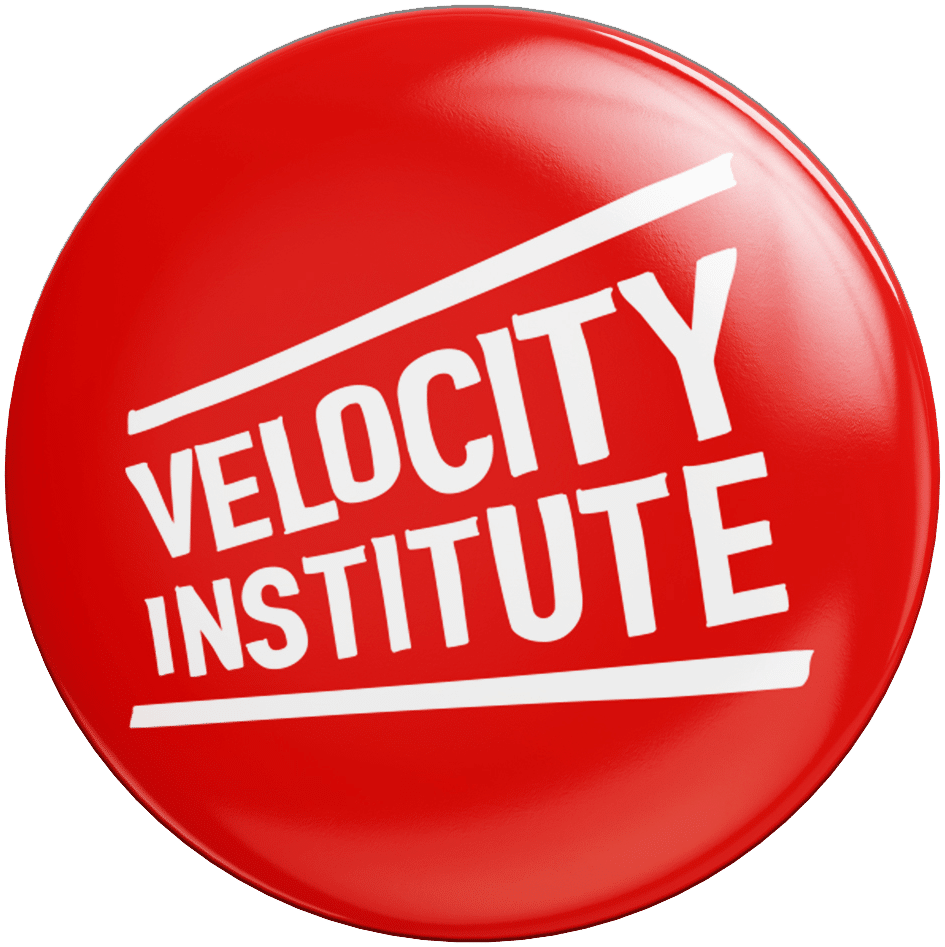Yesterday The Kroger Co. today released its 2020 Environmental, Social and Governance (ESG) Report, highlighting progress toward its sustainability goals and confirming the company’s commitment to creating communities free of hunger and waste.
Kroger’s 2020 report leads with an updated materiality assessment, outlining the ESG topics most meaningful to the company’s key stakeholders. The in-depth assessment, conducted in partnership with an external consultancy in early 2020, resulted in an updated list of priority topics.
“Our annual ESG report underpins Kroger’s vision to serve America through food inspiration and uplift,” said Rodney McMullen, Kroger’s chairman and CEO. “We are committed to continuing to integrate ESG metrics into our business strategy, driving shared value for our associates, customers, communities, and company. We’re pleased to share Kroger’s latest performance on key topics, including our 2020 sustainability goals and Zero Hunger | Zero Waste metrics. We also look to what lies ahead, and we’re proud to announce the first of several new priorities and commitments that will help affirm Kroger’s sustainability leadership through the next decade and beyond.”
As part of the retailer’s 2020 ESG report, Kroger formalized and refined several key sustainability commitments that align with stakeholder priorities, including:
- Sustainable Packaging: For all private brand products, Kroger will improve packaging by 2030 in the following ways
- Complete a baseline product packaging footprint to fully understand current packaging impacts.
- Seek to achieve 100% recyclable, compostable and/or reusable packaging for private brand
- Increase recycled content in packaging so that the Kroger private brand portfolio collectively contains at least 10% recycled content in packaging.
- Reduce unnecessary packaging.
- Increase awareness among Kroger customers about how to properly manage private brand product packaging at end of life.
Kroger’s 2020 ESG Report Highlights

Keith Dailey, group vice president of corporate affairs and chief sustainability officer, Kroger
“As the largest grocery retailer in America, Kroger is committed to being a force for good in the communities we serve,” said Keith Dailey, group vice president of corporate affairs and chief sustainability officer. “Our Purpose—to Feed the Human Spirit—continues to guide how we operate our business, care for our communities and deliver value to all our stakeholders. We’re proud of our progress in 2019 and remain committed to our vision of a future with Zero Hunger | Zero Waste.”
Among the several topics highlighted in the company’s 2020 materiality assessment, 12 emerged as the most meaningful to Kroger’s key stakeholders. These important issues shaped the content of Kroger’s annual ESG report and will continue to guide the company’s management approach in the year ahead.
And of course, Private Brand took center stage in many of them:
- Packaging
Kroger continues to bring sustainable packaging solutions to customers through collaborative partnerships in the retail sector and beyond. In 2019, Kroger became the exclusive U.S. grocery retail partner for Loop, TerraCycle’s revolutionary reusable packaging platform.
As part of Kroger’s commitment to phase out single-use plastic shopping bags in its stores by 2025, the company recently became the Grocery Sector Lead Partner for Closed Loop Partners’ Beyond the Bag Initiative—a multi-year collaboration across retail sectors to identify, test and implement alternatives to the traditional single-use plastic retail bag. - Food Safety
In 2019, Kroger announced its plan to standardize date labels for private brand food products, providing simpler, easier-to-understand product quality and safety information as part of its Zero Hunger | Zero Waste social impact commitment.
Kroger’s manufacturing plants and co-packing suppliers are now aligned with the standardized date labeling practice of “Use by” to indicate food safety and “Best by” to indicate quality for private brand products. - Responsible Sourcing
Kroger continues to make progress toward its goal to source 100% sustainable wild-caught and farm-raised seafood. In 2019, the company supported 25 Fishery Improvement Projects through sourcing or funding and, through its partnership with World Wildlife Fund (WWF), increased the amount of sustainable wild-caught seafood sourced by 198% between 2010 and 2019. - Supply Chain Accountability
Kroger actively manages its global supply chain through Supplier Hub, its vendor management system. The platform enables Kroger to more easily collect and maintain important information about its suppliers’ compliance with company commitments, including U.S. food safety standards, facility audit outcomes, certifications and relevant company initiatives.Kroger recently established a new business team to implement a more holistic approach to supplier lifecycle management. The cross-functional Supplier Solutions team is developing new ways to speed up suppliers’ “time to market” with Kroger through seamless navigation of the company’s supplier-facing portals and simplified vendor processes.
[/et_pb_text][/et_pb_column][/et_pb_row][/et_pb_section]
Related Incites
2025 EVENTS
TICKETS, SPONSORSHIPS & EXPO BOOTHS NOW AVAILABLE







